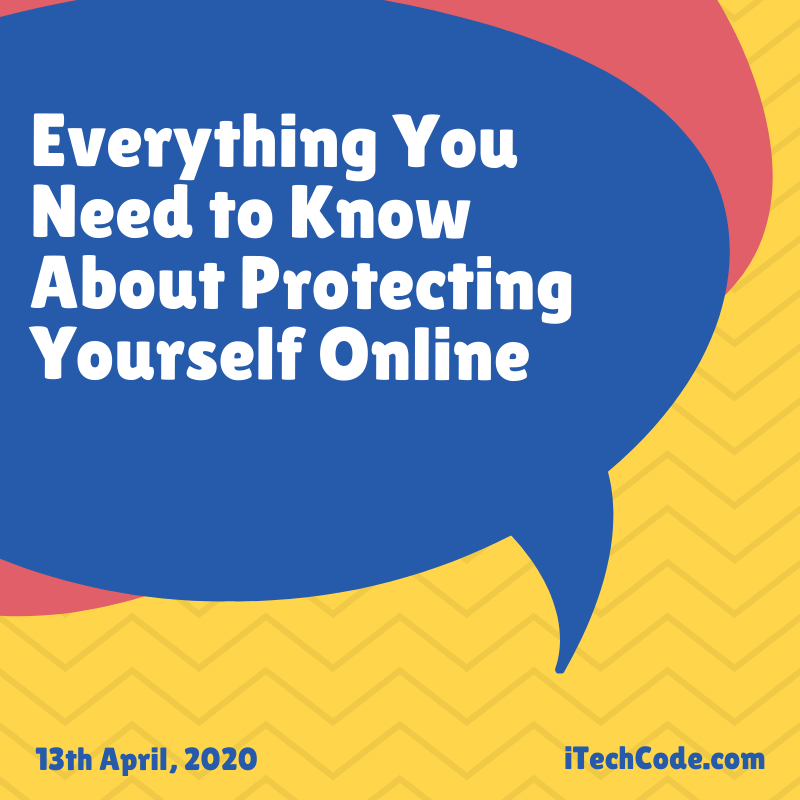Do you constantly think to yourself that you could be safer online? The cyber-world can be a scary place, and with so many people that want to hack your data, it’s essential to make sure you are protected. Hackers are known to infiltrate your technology to gain unauthorized access. This can include accessing your bank details, account details, addresses, and passwords.
There are several ways that you can improve your protection online, and we are going to explore each of them today. If you want to learn more, then keep on reading.
Change your passwords
It can be difficult to remember all of your passwords, but if you have an easy password, chances are it will be even easier to figure out. Most hackers use a cracking system to determine passwords, so if they are longer and more unique, they are ultimately harder to crack. All of your accounts should have different passwords so that if a hacker does figure out one, they are unable to access any of your other accounts.
You can use many techniques to create a hard password, but you can also use a random password generator if you’re having trouble. Adding in numbers and special characters are also a great way to increase your password protection.
Be wary of chatrooms
Chatrooms can be fun, and are great if you want to connect with likeminded people; however, they are one of the deadliest places online, prone to groomers and hackers. When using a chatroom, it’s essential to follow a set of rules, which are usually displayed on the site. Make sure you never use your real name and never give away any private information, including your mobile number, address, or email. If you feel as if you are getting harassed, make sure you report the individual and block them straight away.
Protect your network
If you have a router for your WIFI in your home, chances are it has a network security key. To find your network key try looking on your router. Network keys ensure that nobody else can access your WIFI without the key or ‘password.’ To protect your network further, you can choose to create a new password and update your firmware. You can also consider setting up another network for guests and any smart home software you may have.
Install Anti-Virus Software
One of the most effective ways to protect yourself online is to ensure that all your devices have anti-virus software installed. This software monitors your devices and checks for any viruses, spyware, malware, and spam. If something has been detected, it will notify you and can help you remove it. Some software that requires payment can even block spam completely. For extra security, it can be worthwhile investing in a subscription.
Report Spam
You probably know spam as that annoying content that gets sent to your email, some posing as well-known businesses, and some asking for your personal bank details. For most, spam is easy to filter out. However, some individuals do get fooled and submit their personal data to online hackers. To make the online world a better place, try and report spam as much as possible. This will ensure that it gets removed from the web, and you won’t have to worry about it filling up your inbox.
If you do have trouble with identifying spam, remember never to submit information if something looks fishy. If there are any spelling mistakes, and if they don’t address you as your full name, chances are it is spam. If you can’t tell, it’s better to call the business directly so that you can determine the truth.
Use Two-Factor Authentication
Two-Factor Authentication can be set up on most accounts and is a way of ‘double-checking’ if you are the valid owner. When you log in with your account name and password, you’ll either be sent a number via your phone or email, and you must verify it to have access to your account. This ultimately means that if your password is hacked, they won’t be able to get in, unless they have your phone or email password. This is a significant extra step, and you should consider placing it on as many accounts as you can.
And there you have it! If you are continually using digital technology, it’s essential to protect yourself in as many ways as possible. By being vigilant and reporting any irrelevant content, you can ensure that your identity is protected. Remember to keep on the lookout, but most importantly, stay safe.

You can also stay updated by subscribing to iTechCode.